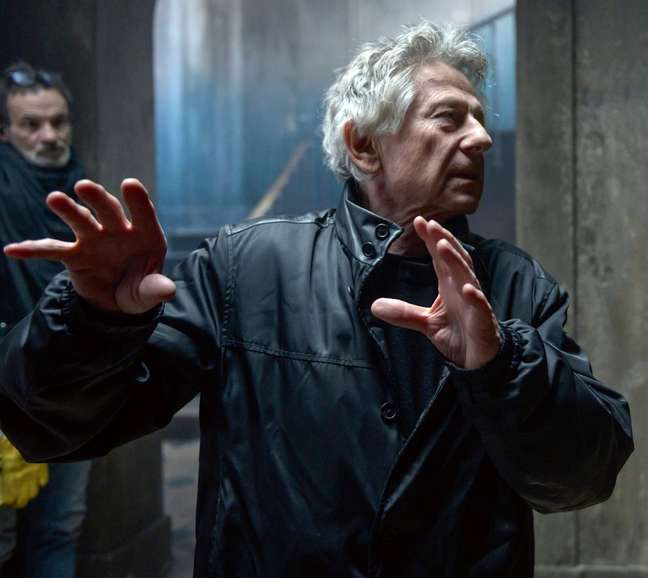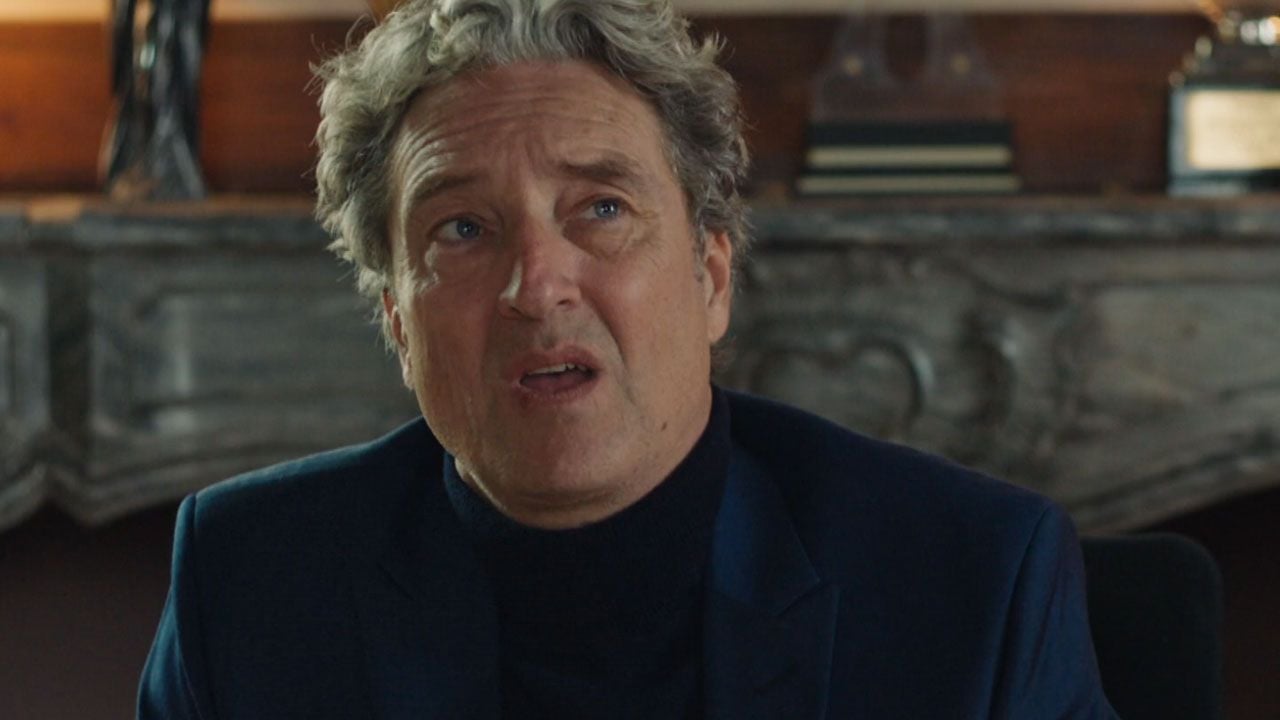
After years of denying Roman Polanski’s appeals, the California Court of Appeals in Los Angeles on Wednesday ordered the Los Angeles County Superior Court to reveal previously hidden testimony in the French director’s notorious sexual abuse case over the years. 70.
Interestingly, the initiative came not because of Polanski, but at the request of reporters, who argued that state law and the public interest required the court to disclose the testimony of the original prosecutor in the case, Roger Gunson.
Polanski claimed for decades that he fled the country only after the original judge in the case threatened to ignore a deal he made with Gunson. The agreement was to stay in prison for 48 days in 1977, which he respected. But after this period, Judge Laurence Rittenband would deny the deal and tell prosecutors that he had decided to keep Polanski in prison for up to 50 years.
It was only after this development that Polanski fled to France, from where he could not be extradited due to his citizenship. And there he continued to shoot and gain recognition in the film industry. He also won an Oscar for his work on him in “The Pianist” (2002).
As part of the deal, Polanski pleaded guilty to drugging and abusing Samantha Geimer when she was 13, during a photo shoot at Jack Nicholson’s home in Los Angeles. She confessed to having “illegal sexual intercourse” with her minor, but denied her rape in her plea bargaining on her charge.
Due to the lack of a final sentence, the case is considered open to date, and the Los Angeles justice has made some attempts to arrest the director in recent years, at times when he was away from France. But Polanski, now 88, has tried to prove that the sentence has been served and the case cannot be considered open.
The original prosecutor’s testimony, which has been made secret, is considered a key part in ending the court case.
At the time of his testimony, Gunson was ill and it was feared that he would not survive to testify in any final judgment on the case. Polanski’s defense believes his statements support the claim that the original judge violated the law and court standards by abandoning the plea bargain with the director. This suspicion is reinforced by the accusation’s refusal to make the testimony public.
The Court of Appeals order cites the need for public scrutiny of allegations that Polanski’s rights were violated by the court before and after his flight from the country, as the case remained open for more than four decades.
The court also stated that there is no reason to keep the testimony secret, as there are no security concerns in this process that might require secrecy.
Coincidentally or not, the Los Angeles County District Attorney announced the day before that he would no longer oppose the disclosure of Gunson’s testimony. In an interview with The Hollywood Reporter, current prosecutor George Gascón confessed that he saw “some irregularities” in the case, starting with potential “judicial misconduct” on the part of the judge who initially supervised the case.
If this is proved, the case would have to be dismissed and Polanski could be allowed to return to the United States without fear of being arrested upon disembarkation.
By the way, that’s all the real victim of this story wants. In 2017 Samantha Gaimer published an open letter demanding that the prosecutor’s testimony be made public.
He has already made peace with Polanski. After the scandal subsided, she was approached by the director’s emissaries, reaching a financial settlement – estimated at $ 500,000 in damages.
In 2013, Gaimer published a book that tells his story, entitled “A Menina”. He accuses prosecutors of never having thought of her and of extending the case involving her personal life for years to further their careers. Additionally, she believes the director has already been punished enough for being away from Hollywood for four decades and that he should be able to return to the United States at the end of his life, without fear of dying in prison.
Source: Terra
Camila Luna is a writer at Gossipify, where she covers the latest movies and television series. With a passion for all things entertainment, Camila brings her unique perspective to her writing and offers readers an inside look at the industry. Camila is a graduate from the University of California, Los Angeles (UCLA) with a degree in English and is also a avid movie watcher.








